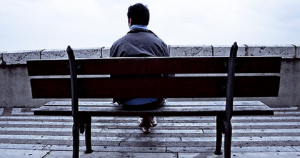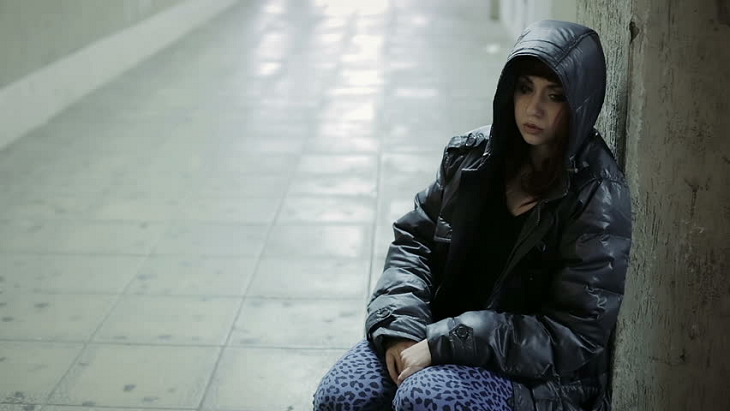
Lonely People Likely To Die Earlier Than Social Peers
Loneliness can rewrite people’s immune systems, leaving them more vulnerable to illness and early death, a new study suggests. Perceived social isolation (PSI) (loneliness in humans) is linked to increased risk of chronic disease and mortality. The sense of extreme isolation may also trigger a biochemical vicious circle that leaves the patient feeling even lonelier than they did before.

The scientists built their research on the findings of a previous study, which found a link between being lonely and a phenomenon known as ‘conserved transcriptional response to adversity’ (CTRA). This describes the link between lower immune system responses in lonely people, compared with those who have a healthy social life.
People who don’t spend much time interacting with others have a 14 % higher chance of dying earlier than their peers – as they seem to have lower counts of white blood cells in their body. Researchers from the University of Chicago found that loneliness causes a fight-or-flight reaction in the body, which can result in the production of fewer white blood cells – weakening the immune system. White blood cells play an important role in the human body, helping to fight off disease and illness.
Previous studies have linked loneliness to a range of health problems, from high blood pressure and a weakened immune system to a greater risk of depression, heart attack and strokes. John Cacioppo, a psychologist at the University of Chicago, says that the pain of loneliness is akin to physical pain.
“The ‘danger signals’ activated in the brain by loneliness ultimately affect the production of white blood cells,” Cacioppo said. “The resulting shift in monocyte output may both propagate loneliness and contribute to its associated health risks.”
The scientists tracked more than 2,000 people aged 50 and over and found that the loneliest were nearly twice as likely to die during the six-year study than the least lonely. The researchers stressed that their findings were independent of other factors including depression, stress and social support.